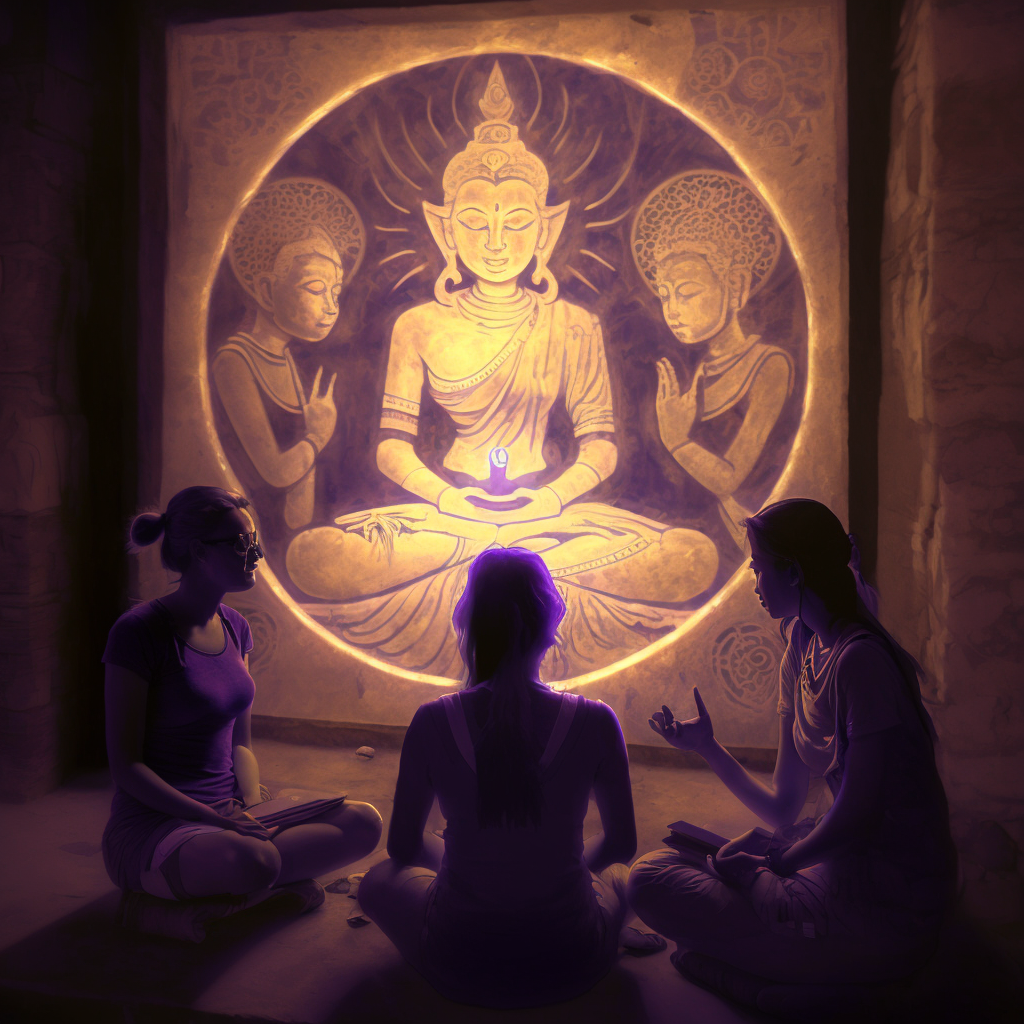Topic
Buddhist Non-duality
Non-duality, a core concept in Buddhist philosophy, is the understanding that all phenomena are interconnected and free from inherent, separate existence. By exploring the wisdom of non-duality, we can work towards achieving enlightenment – a state of ultimate self-realization and inner peace. This article delves into the foundations of non-duality in Buddhism and its role in guiding us on our spiritual journey.










